You’re working to increase your online profits, and you perform conversion optimization. That’s great. But it’s not enough. Even the terminology is off.
I’m not alone in this. Most optimizers I know dislike the term ‘conversion optimization’ and want to replace it with something else. Even the guys who invented the term are dissatisfied.
The reason being true optimization is not just about conversions. It’s way more than that.
Table of contents
I can increase anyone’s conversions instantly, and so can you
If your only goal is to increase the conversion rate, that’s easy. You’re selling laptops for $1000? Well, sell them for $5 each and your conversions will go up 100x times at least, guaranteed. Done, goal achieved! Time for champagne?
Well, you probably won’t have money to buy champagne since you lost it all selling laptops for $5. We can’t focus purely on the conversion rate. It’s just one of the metrics to keep an eye on, so calling the process “conversion optimization” gives people the wrong idea.
Most companies are in the business of making money. Focusing on conversions can lead you in the wrong direction.
So should we call it ‘revenue optimization’ instead?
Well, not quite. We still have lead generation, free trials, and software downloads that require optimization. Sure, there is revenue generation down the line, but we might focus on widening the funnel first (increasing conversion rates on landing pages, etc). So, calling it revenue optimization may not be accurate. Also, some may confuse it with cost-cutting and other financial issues.
Then there’s traffic—traffic sources have a huge impact on conversion rates. If you’re focused on nice traffic spikes alone, you’re an idiot (hits = how idiots track success).
For instance, look at this traffic/conversion chart. StumbleUpon is the #3 traffic source! Let’s focus more on StumbleUpon. Actually, its pretty useless. Sure, seems to work better than Reddit, but the overall conversion rates are abysmal compared to other sources. This chart is also yet another lesson on ‘how averages lie’. StumbleUpon traffic is significant, so its low conversion rate brings the overall average down. Everyone would probably be better off creating an advanced segment “exclude StumbleUpon traffic”.
My main point is that optimizing traffic sources is critical. You’re doing paid advertising—PPC or display campaigns? Selecting the right medium, right message, keywords, and the whole lot has a huge impact on the final results. Being data-driven is an absolute must for paid traffic and lead generation. You need to kick out what’s not working and improve on what’s already working. This enables you to produce better marketing.
What about calling it marketing optimization?
Maybe. After all, many conversion optimization companies nowadays call themselves ‘marketing optimization’ companies. The problem I have with this title is that it’s still ‘not the whole picture’. Consider this example from Bryan Eisenberg:
Dropbox went from this home page
to this one:
Which one is better optimized for conversions?
The new one has hardly anything on it! The real issue here is that you can’t judge the sites just by looking at the website. It’s not the whole story.
They don’t need much copy because so many people have used Dropbox, loved it, and spread the positive word. Just as a great website can’t save a crappy product, a really good product earns trust and builds a reputation, so you don’t need to say much.
Have you heard of Basecamp by 37Signals? You probably have. Every week over 3000 companies are signing up. This is their signup page: Sure, it’s a well-designed page, but notice that they don’t say much either? (I hope you don’t conclude that lack of copy is the secret sauce here, it’s not). That’s again the power of reputation.
What you should be really thinking about: customer experience optimization
Amazon sold 426 items per second during Christmas. It had more than 36.8 million items ordered on Cyber Monday alone. Why? Is it that its layout is perfect and copy flawless?
Of course they test and get many things right, but it’s more than that. Here’s what it is: it’s the whole customer experience.
The fact that Amazon has a huge amount of reviews is part of a great user experience. Amazon Prime and 2-day free shipping, one-click checkout, previous positive experiences, and easy returns all contribute to the customer experience. So when people need to buy something, they are much more likely to buy again from Amazon. “Conversions” go up, but it’s not due to the layout and copy (which help) but how it all comes together.
There are many coffee shops in my neighborhood. I visit the coffee shops where I always get the best experience. Think about the restaurants you regularly frequent. It’s not just about the food, right? If the food is delicious, but the waiters are rude and it takes forever to get what you’ve ordered, your overall experience is going to suck. That’s going to affect “conversions” negatively. But if it’s all amazing, the restaurant will get plenty of great reviews and word of mouth—”conversions” go up.
It’s not that different when it comes to your company and website. Reputation is huge for conversions. 40% of customers began shopping with a competitor, because they heard about the company’s good customer service.
Do you use your own product?
I once had the displeasure of buying a computer via the HP.com site. Terrible checkout experience, ridiculously bad. I like the product that I got, but I’m not sure I want to put myself through their website again. I’m confident that the CEO of HP is not using their own site to buy stuff. But some are.
Ben Silbermann – the founder and CEO of Pinterest – spends a lot of time on the social network. He’s intimately familiar with its every feature. This is what he said recently:
“Every once in a while I’ll create a brand new account and give it a try and see how hard it is to find things that I really love, see if I’m using it or thinking about it differently.”
You can’t improve the user experience if you’re not using the site. Great user experiences are key to high conversions and revenue. Pay attention to what else Ben is saying:
“I think there are a lot more people that don’t use Pinterest in the world than do use it, so for most people that first experience is really, really important. I think feeling really close and in touch with that first user experience is pretty basic to making it better every day.”
On most sites, new visitors are the majority. If you use your own site everyday, you will learn how it works , get used to where things are, and where you have to click. You will have the curse of knowledge. That is why regular user testing is critical.
All the little things contribute to great customer experiences, like when:
- people call you, they are pleasantly surprised by how friendly and knowledgeable your staff is,
- they download your software product and actually start using it since it’s easy and useful,
- using your website doesn’t make people think,
- they don’t get any silly validation errors when filling out forms,
- people in your Legal and IT department understand they are part of the customer experience process, and facilitate it rather than slow down the processes,
- web design is easy on the eyes and offers the right information at the right time,
- when your ads and landing pages match,
- products ship and arrive on time,
and so on… it’s the whole picture.
How good of an experience does your business provide? Be aware of your biases when you answer this. According to a Bain study from years ago, 80% of CEOs believe their company delivers a superior customer experience; only 8% of their customers agree.
Conclusion
When looking for optimization opportunities, look at the whole customer experience. Every single customer experience is your moment of truth.
If I’m surfing your website and run into validation errors, or can’t tell if the couch fits into my living room, or can’t figure out if I can cancel the subscription whenever I want, I will have a poor experience, and that means I will be less likely to buy.
Analyze and optimize all of the customer interactions. Think of the website as an experience, not a collection of pages.

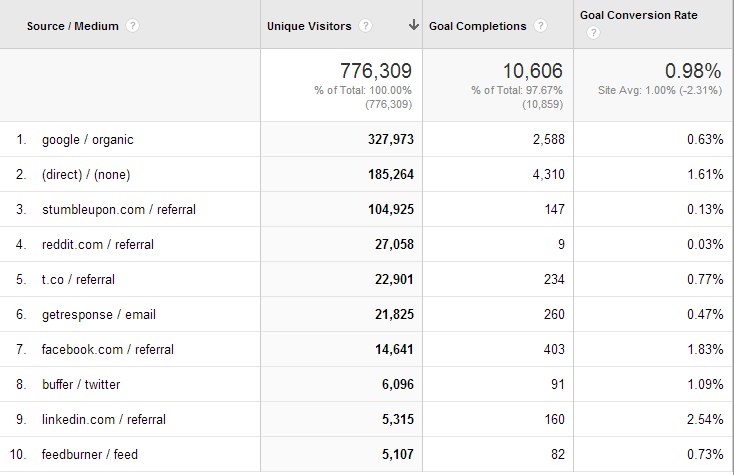
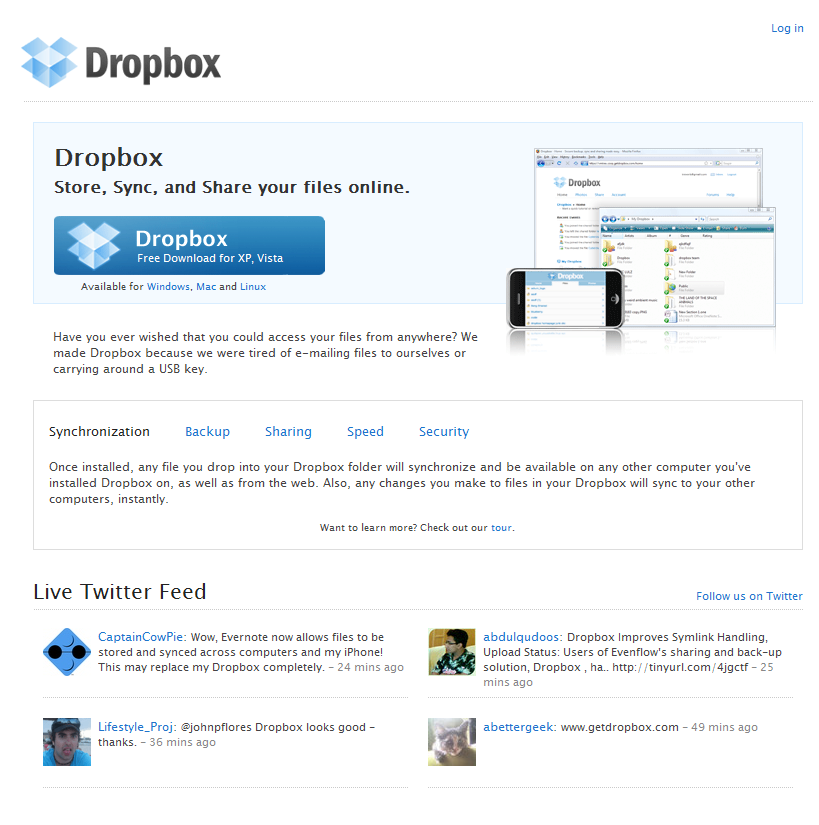
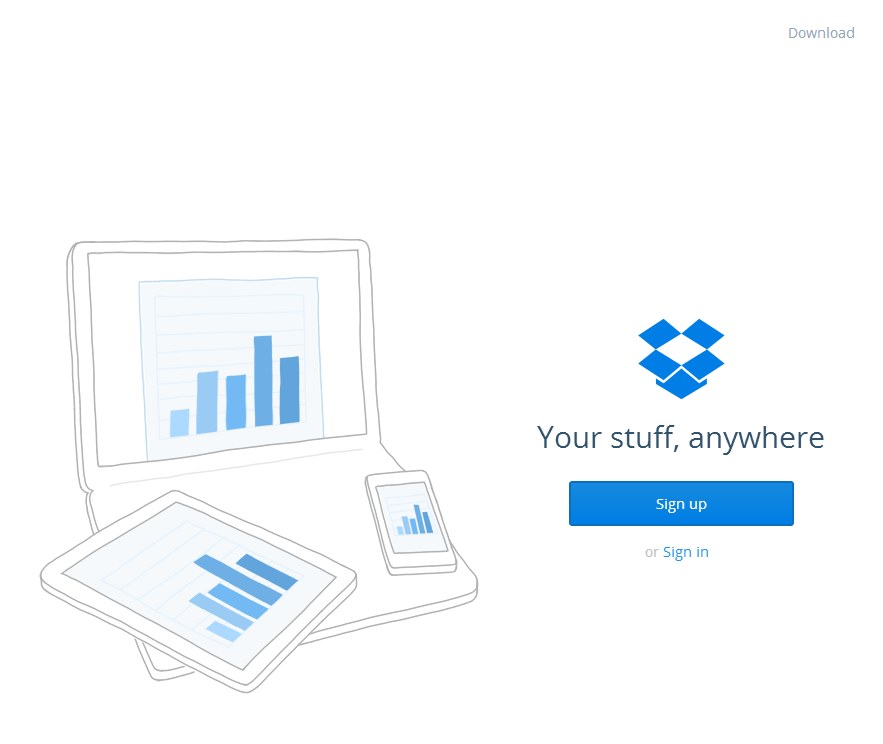
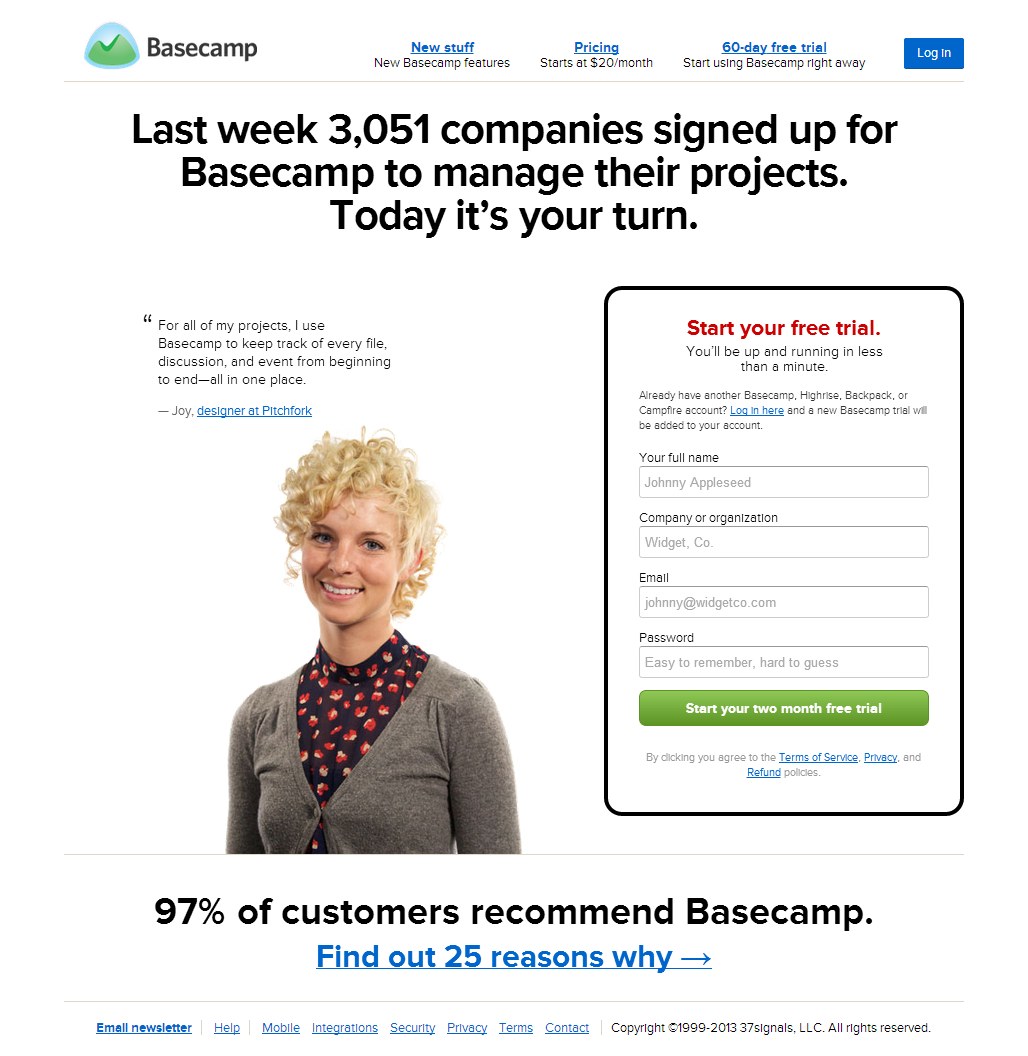
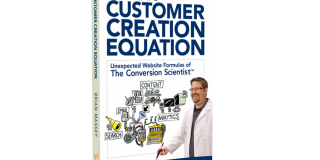



Great New Year read Peep and getting this to our couple new web leads.
~Clint
@cazoomi
Cheers Clint!
Very nice post!
When it comes to cultivating a potential sale, a good user experience is just as crucial as a good online reputation. Sometimes that experience is simply overwhelming for the customer.
Much like you said, it can be anything from too much text to read on the home page or just slow website page loads.
Very insightful post! Thanks for sharing, Peep!
Thanks James!
Peep, good post. You are so right. It’s ALWAYS about the customer. Website Conversion Optimization is just part of the story…
Cheers
Richard
Bingo
Amen.
Does this mean you’re switching your title to “Customer Experience Optimizer (CEO)”? ;)
Ha!
This is superfantastic, and clarifies something that I’ve sometimes found hard to express: Different people in different circumstances are affected by the same thing differently, depending on the broader context of their experience. Being able to influence and shape that broader context makes all the difference.
The best way to look at it is certainly from the POV of customer experience. Thanks for writing this. I will be blatantly plagiarizing your thoughts. :-D
Go for it:)
Hi Peep
the user testing is critical. Like most small business people, I’m on my own website a lot and have lost sight of what it feels like to see it for the first time. Fortunately, I have a number of people I can call on (inc those in our target market) to get their experiences with it.
Though, of course, a website (just one part of the customer experience) is never actually finished, is it?! : )
Cheers
Angus
Do you think there are things that tend to be conversion-positive (and aren’t bad ideas for other reasons) that might not be frame-able in terms of “customer experience”? The “CRO” term is an intentionally vague label that one can fit any conversion-positive technique into, so my first reaction to an alternative term is to wonder whether it covers all of the (good) things that label has been used for.
That said, I can’t off the top of my head think of anything missing, though there might be some that take a bit of a stretch. And of course, it brings in that emphasis on doing things that make people happy enough to come back to you in the future. Sounds good to me.
What a fantastic post <3 Thanks Peep!
It's the simple things that are most effective, like… using your own site ;-)
Wow, great post — an important reminder for all of us in the CRO space to not lose sight of the whole customer experience as we optimize.